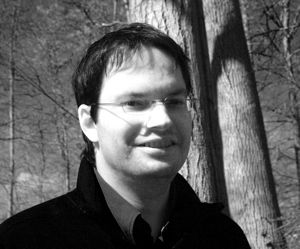Many programming problems are data conversion problems. Data has to be converted between two different formats: for example, between a representation as a Haskell datatype and JSON. Implementing this conversion consists of two parts: in the case of the example, one that converts from Haskell to JSON, and one that parses JSON into Haskell. By using generic programming techniques, one can often get both directions for free. We write just the datatype definition, and let a library derive the conversions completely automatically, together with a guarantee that the conversions are compatible with each other. But sometimes, we cannot use the generic definition, for example, because the required JSON representation is slightly unusual. In such a situation, we would still like to write only one mapping from Haskell to JSON rather than two, and construct the program in such a way that a roundtrip property between our conversion functions is essentially guaranteed. In this talk, I will show how this can be done for the example of Haskell and JSON and discuss in how far this can be turned into a more general programming technique that is applicable to a wide variety of situations (and programming languages).
Andres Löh is a Haskell consultant and co-owner of Well-Typed LLP. He is based in Regensburg, Germany. He started using Haskell in 1997, when being an undergraduate student of mathematics in Konstanz, and has been an enthusiastic functional programmer ever since. Andres obtained a PhD in Computer Science from Utrecht University in 2004, on extending the Haskell language with capabilities for datatype-generic programming. After having been a university lecturer for several years, he joined Well-Typed in 2010.
Andres is very interested in applying functional programming to real-world problems, and in particular in datatype-generic programming, domain-specific languages, (dependent) type systems, parallel and concurrent programming, and the theory of version control.
